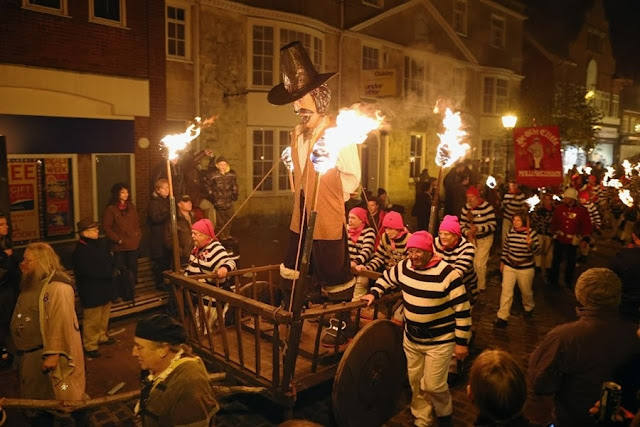On November 27, 1895 Alfred Nobel signed his will which stated that 94% of his total assets should be used to establish the Nobel Prizes.
Alfred Nobel was born on October 21, 1833, in Stockholm, Sweden.He was the fourth of Immanuel and Caroline Nobel’s eight children. When Alfred was four, his father moved St. Petersburg, Russia, to take a job manufacturing explosives. The family followed him in 1842. Alfred's parents sent him to private tutors in Russia, and he quickly mastered chemistry and became fluent in English, French, German and Russian as well as his native language, Swedish.
At the age of 18 Alfred left for Paris to study chemistry, after spending a year in Paris he moved to the United States. Five years later, he returned to Russia and began working in his father's factory making military equipment. Intellectually curious, he went on to experiment with chemistry and explosives. In 1864, a deadly explosion killed his younger brother. Deeply affected, Nobel developed a safer explosive: dynamite.
In 1888, Nobel was astonished to read his own obituary, titled The merchant of death is dead, in a French newspaper. But it was Alfred's brother Ludvig who had died. The article made Nobel apprehensive about how he would be remembered. This inspired him to change his will. Nobel established the Nobel Prizes to honor men and women for outstanding achievements in physics, chemistry, medicine and literature, and for working toward peace.
Alfred Nobel was a Swedish scientist, inventor,author and pacifist. He was a great genius who made 355 inventions, of which dynamite is the most famous. He also constructed companies and laboratories in more than 20 countries all over the world. He died on December 10, 1896, in San Remo, Italy. After taxes Nobel left 31,225,000 Swedish kronor (equivalent to 250 million U.S. dollars in 2008) to fund the Nobel Prizes.
























